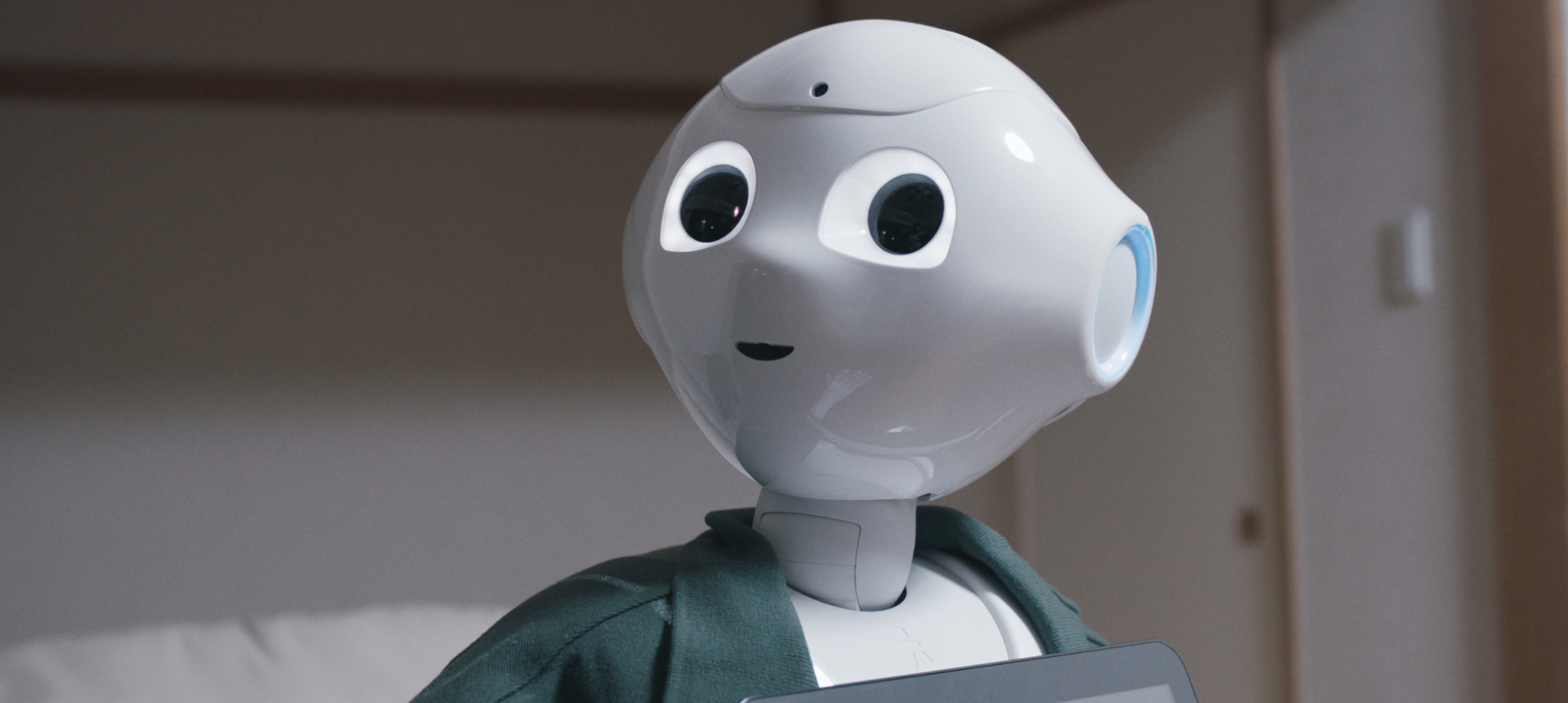
Make it stand out
What’s been happening?
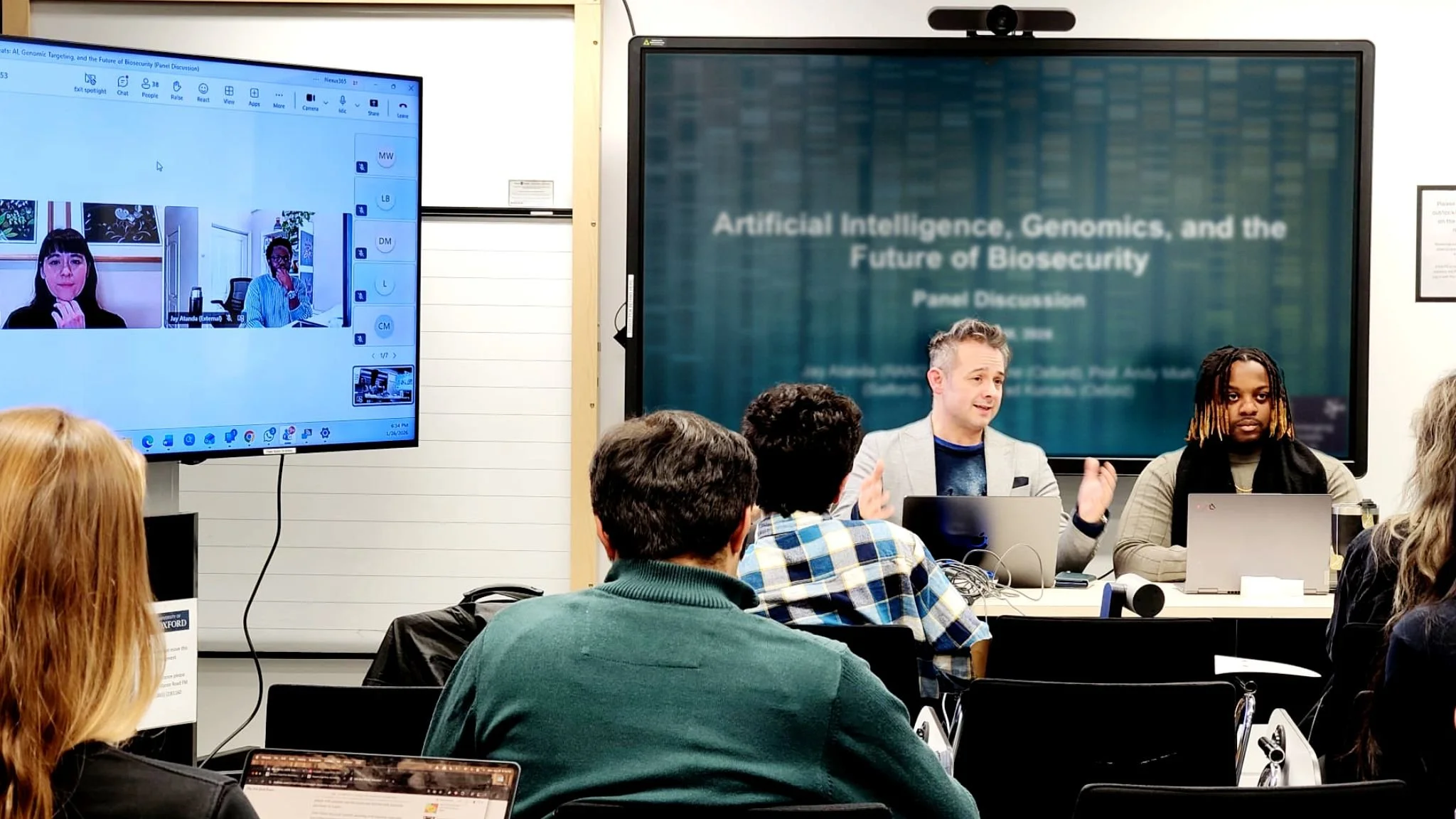
Emerging Threats and AI
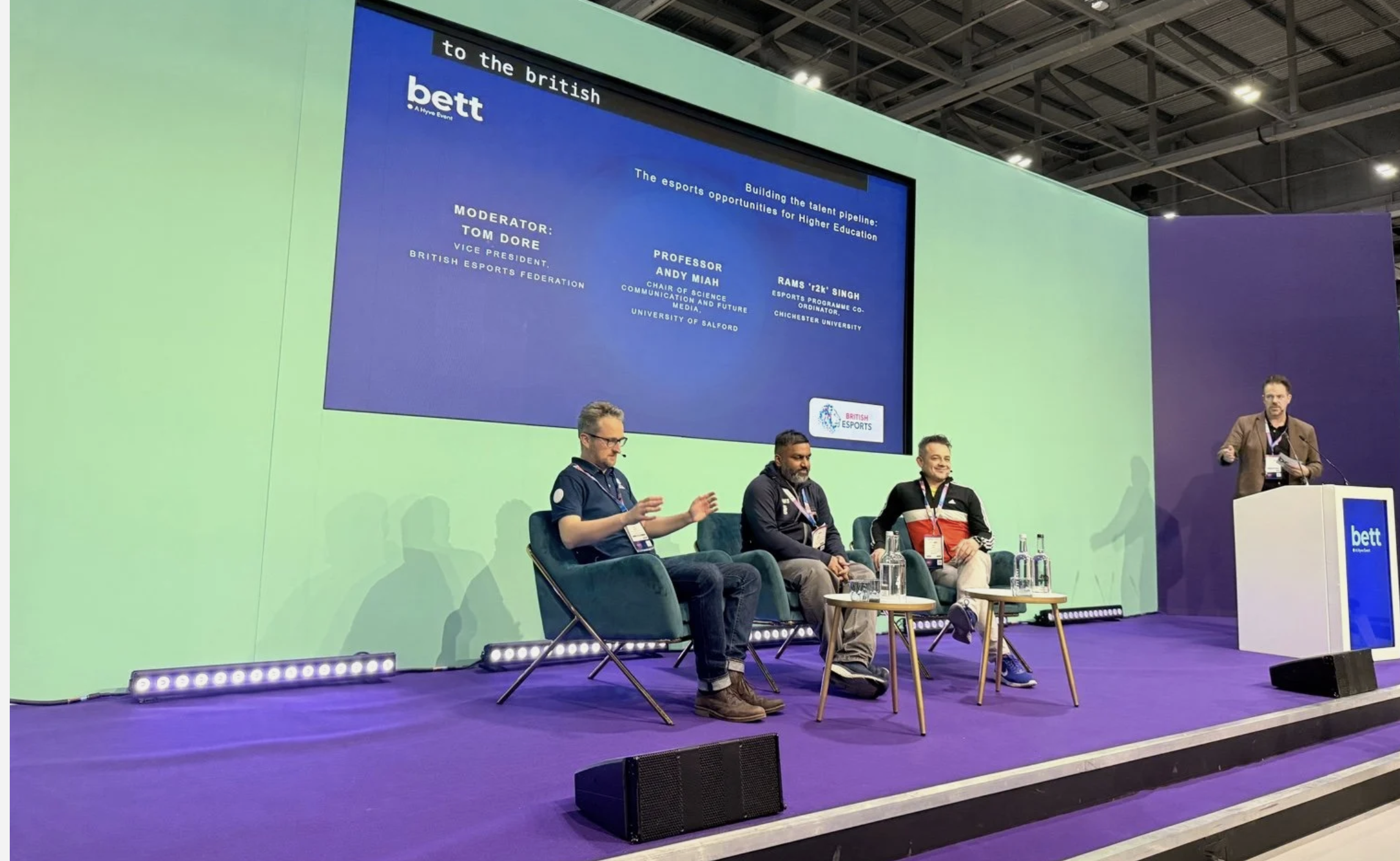
BETT 2026
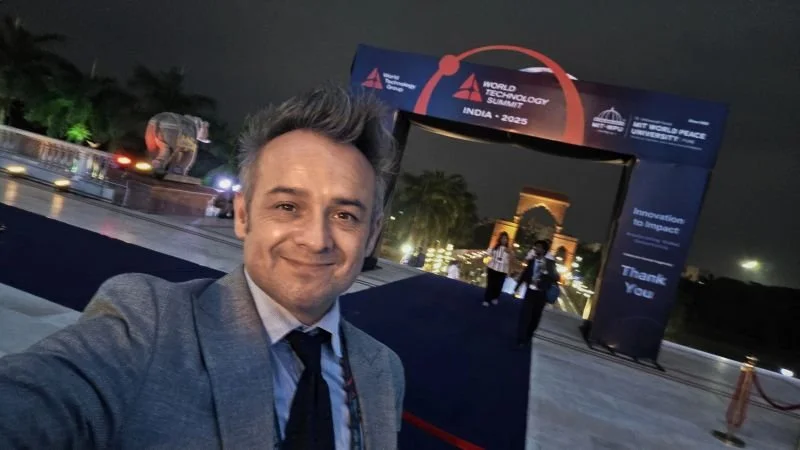
World Technology Summit

Future of Media Manchester
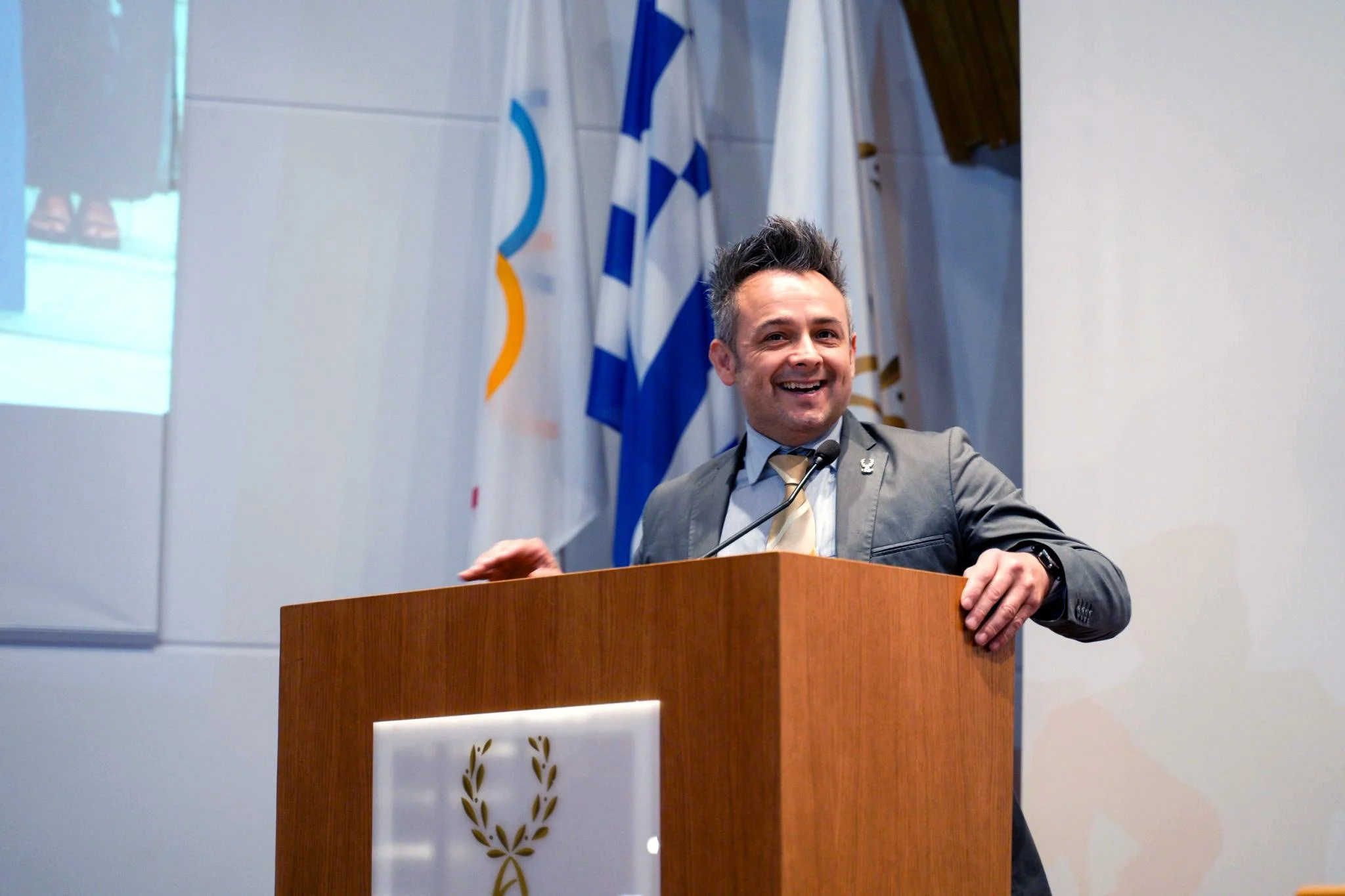
The International Olympic Academy

Artificial Intelligence in the Workplace
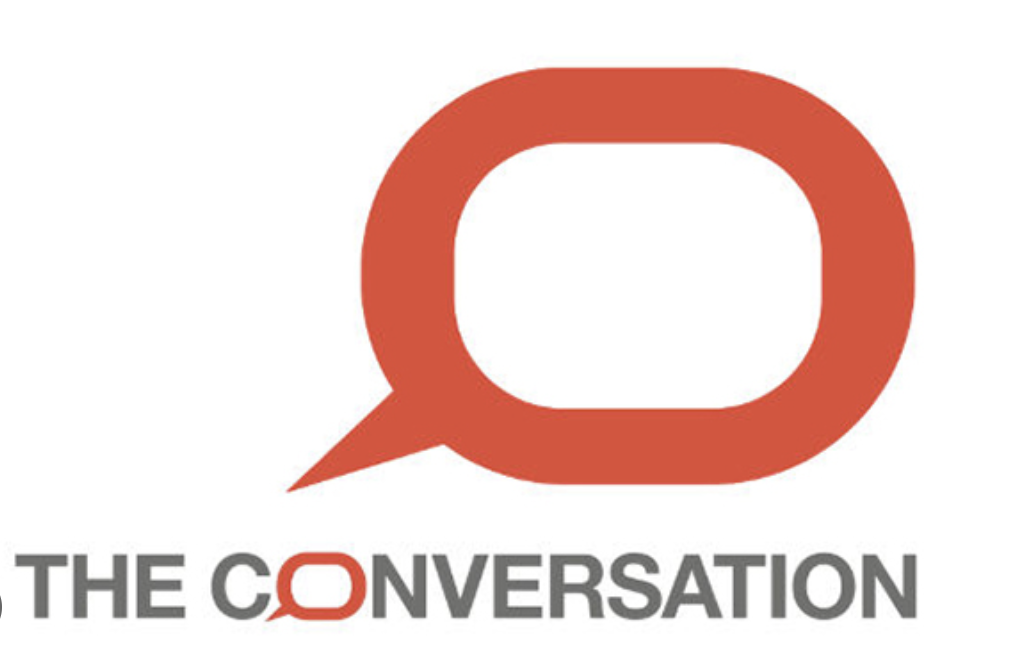
Artificial Intelligence is now translating fiction

Me and My Digital Twin
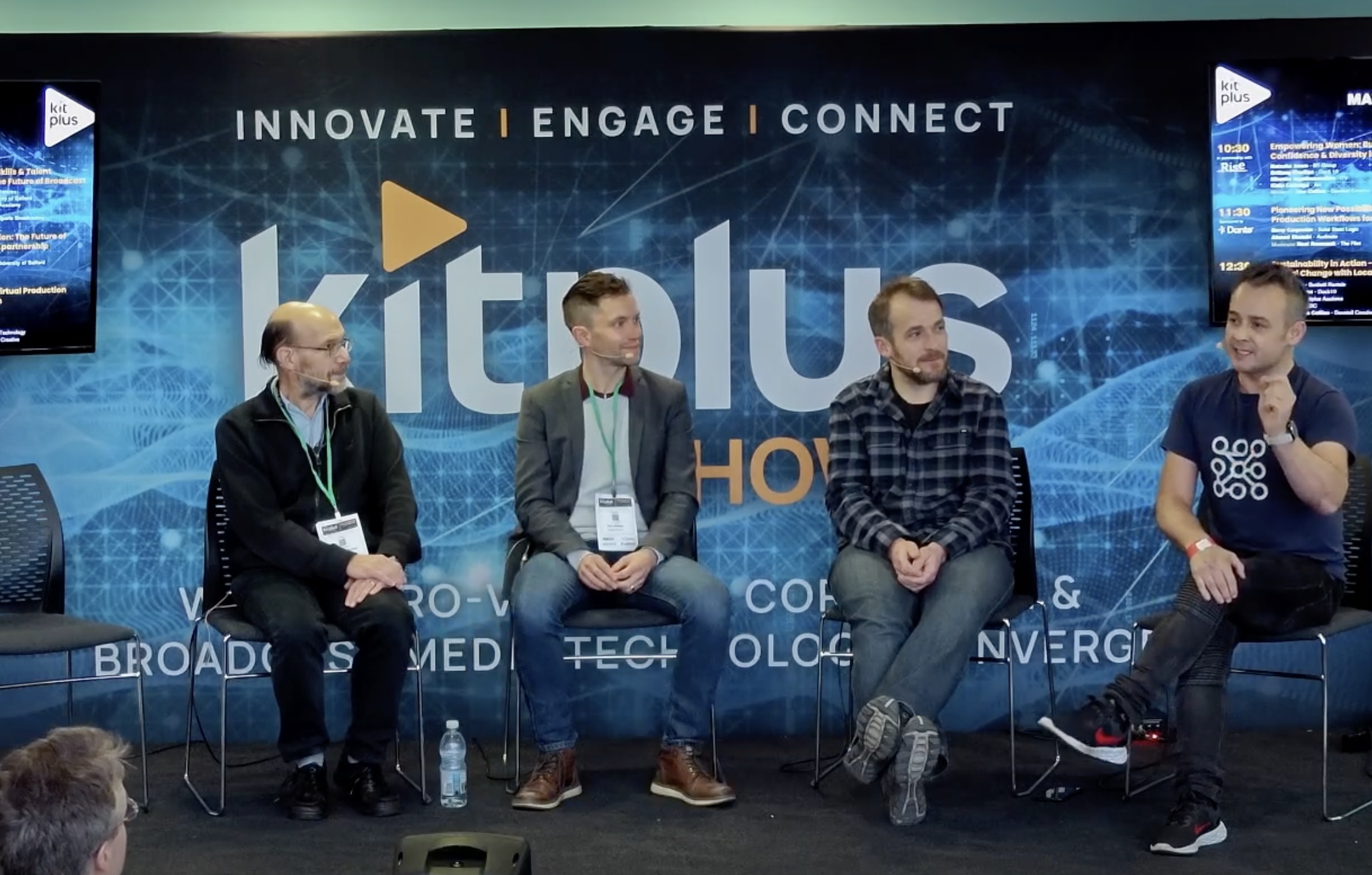
AI in Immersive Audio
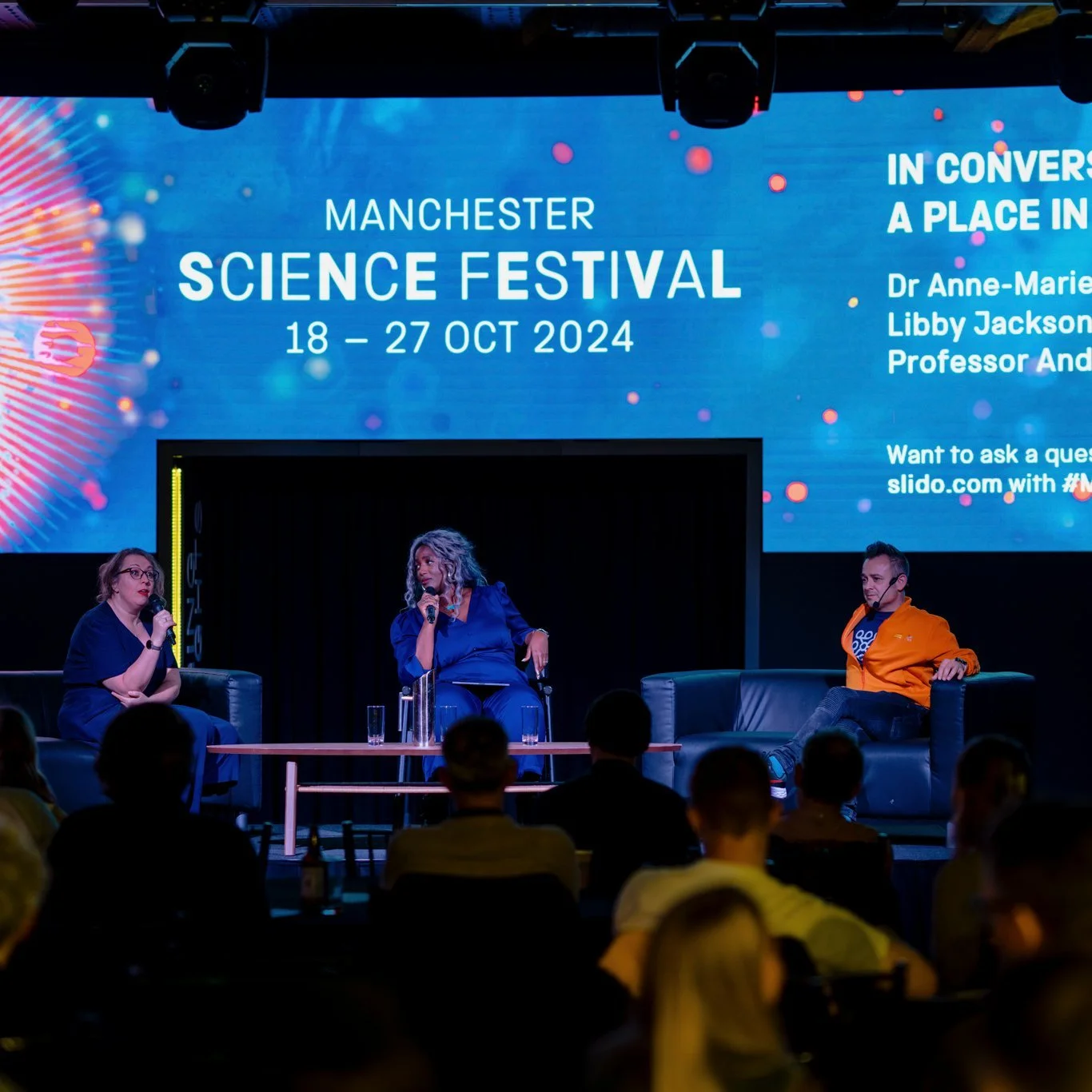
The role of AI in Space Exploration
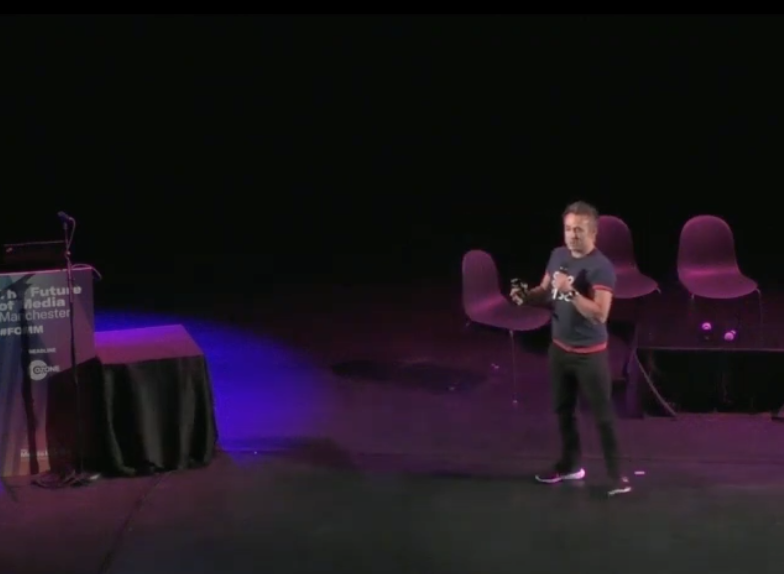
Future of Media Manchester
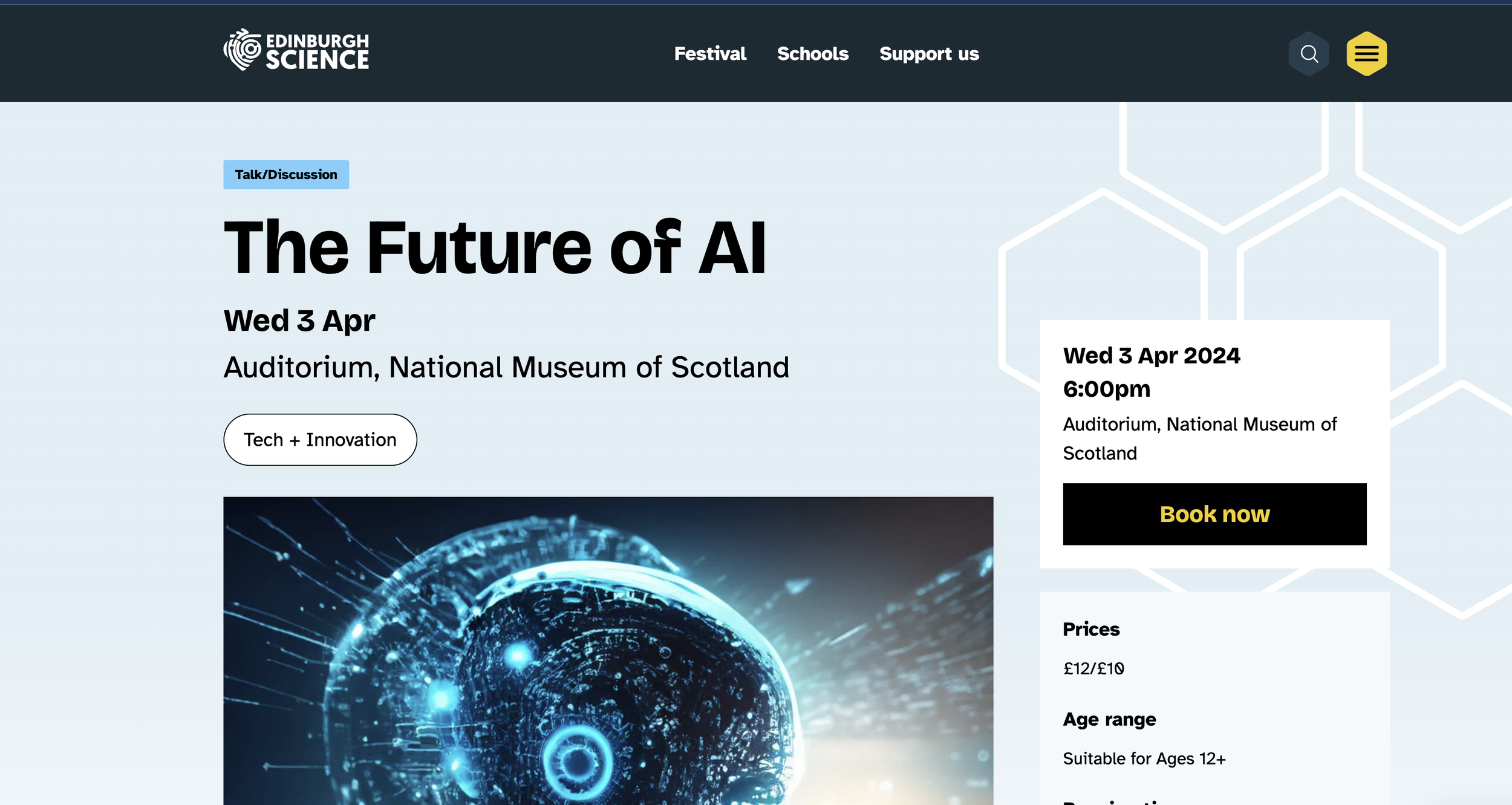
Edinburgh Science Festival
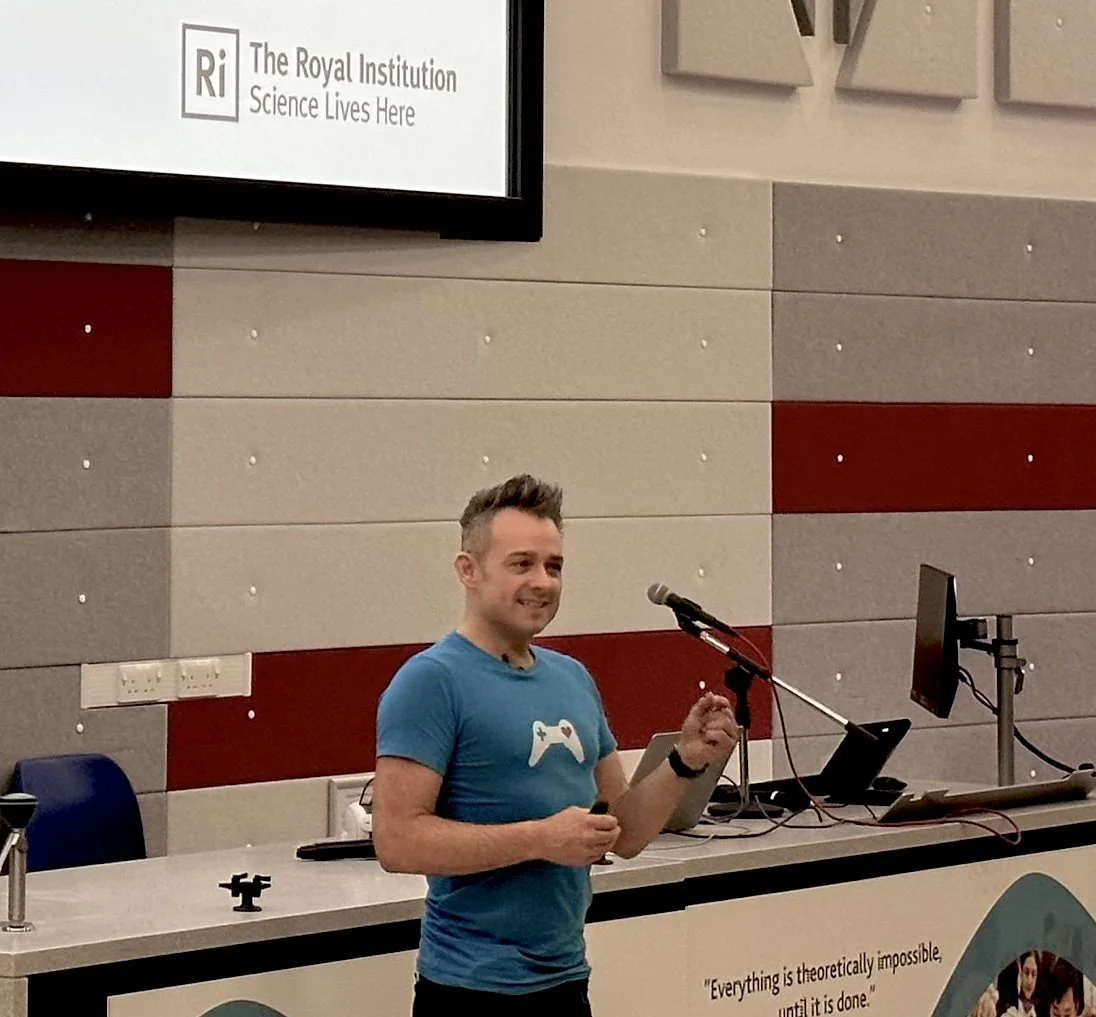
Royal Institution Christmas Lectures
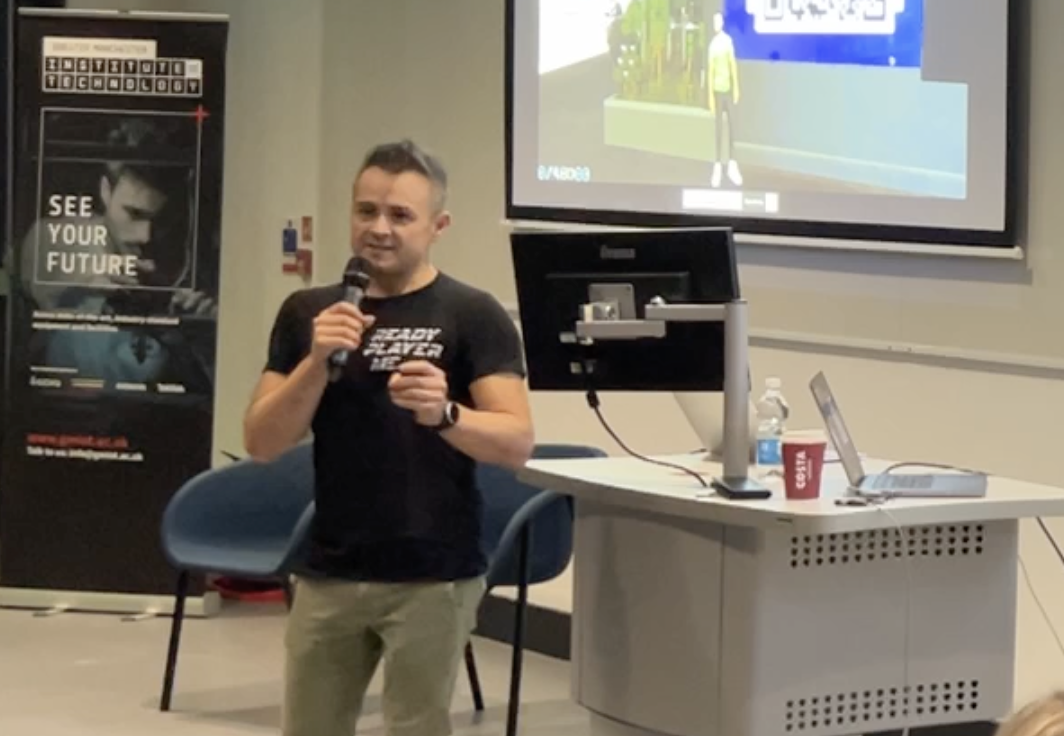
Greater Manchester Institute of Technology Inaugural Student Conference

SciCom23 Luxembourg
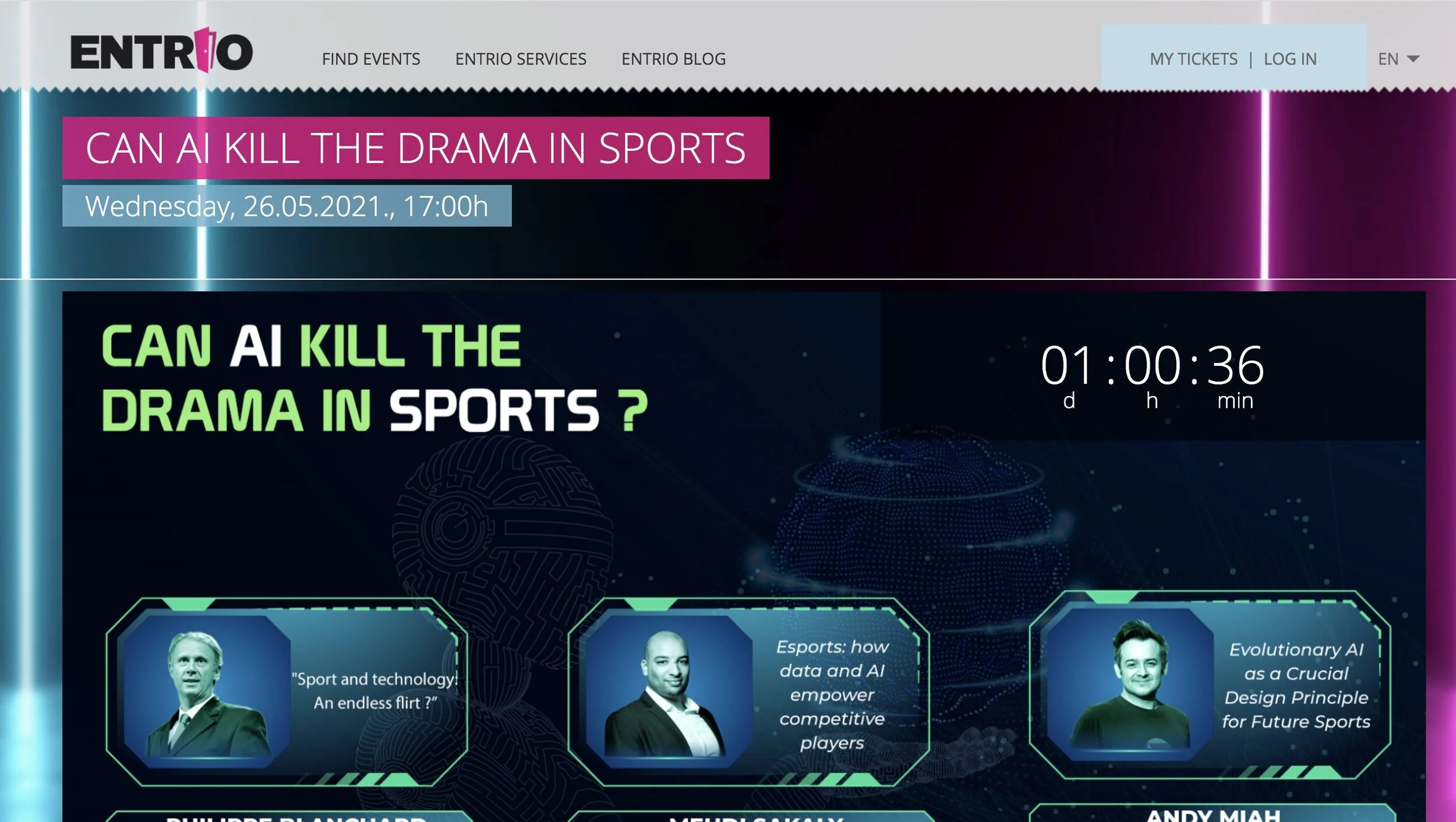
Will Artificial Intelligence Kill the Drama in Sports?
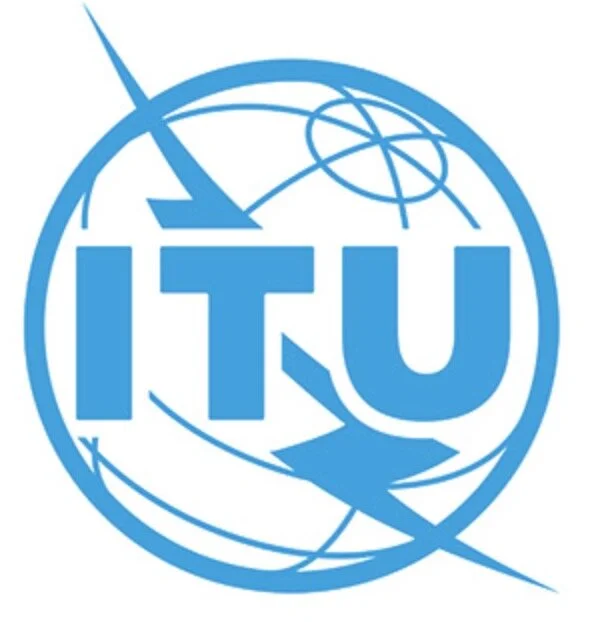
Esports and AI
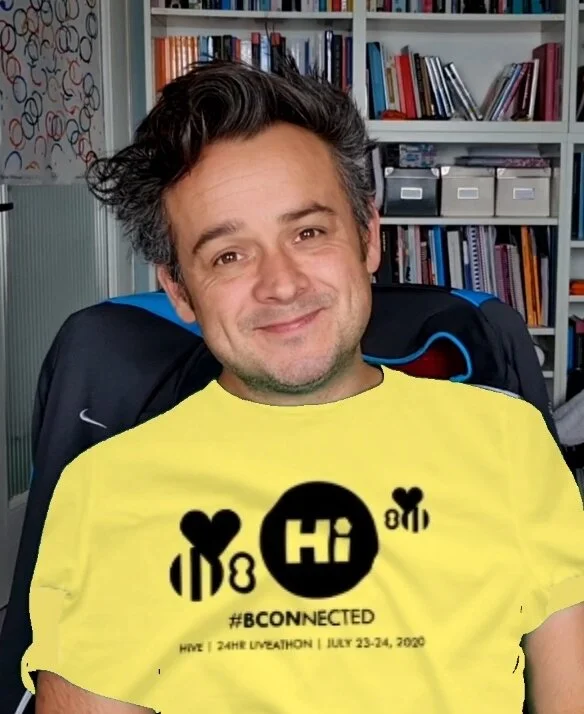
Sport 2.0
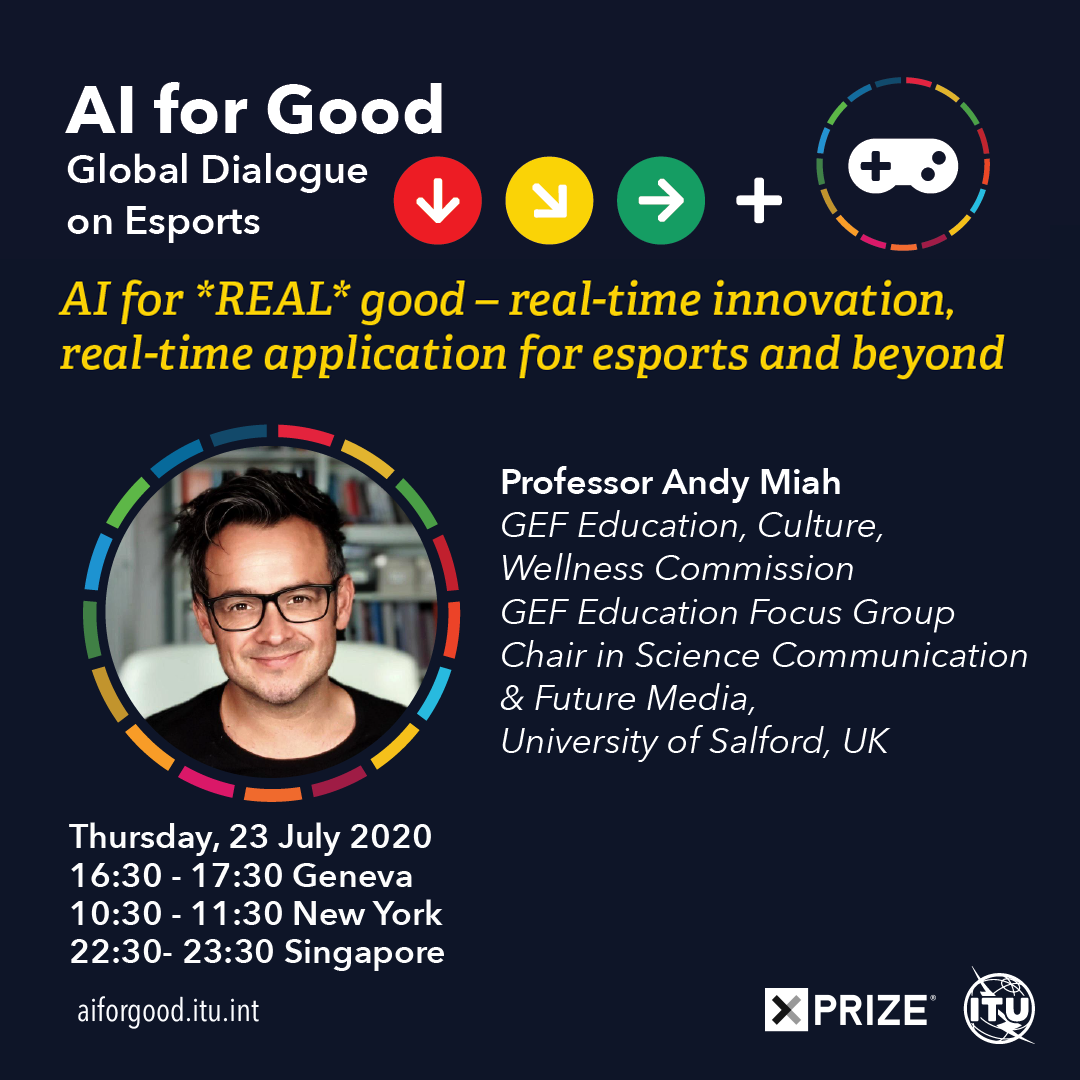
Artificial Intelligence and Esports
